Photo credits: Stephen Lovekin /Getty Images
Richard “Pee Wee” Kirkland (above) is a true basketball icon in the American street league. He is also a former overlord of New York City’s underworld.
Kirkland was born in Manhattan, New York, in the famed Harlem neighborhood. He was an All-City guard at Charles Evans Hughes High School in Manhattan, New York, where he played varsity basketball. Kirkland was finally offered a scholarship and enrolled at Kittrell College, a North Carolina community college.
He took over the basketball squad there and quickly became the team’s leading scorer. He averaged 41 points each game. Kirkland attended Norfolk State University and was a member of the basketball team. He linked up with Bob Dandridge, a future NBA standout. With a 25–2 record, the Spartans won the CIAA championship in 1968. However, they were eliminated from the NCAA Division II Men’s Tournament in the second round. The next season, they went 21–4 and fell in the first round of the D-II competition.
Kirkland was the fourth pick by the Chicago Bulls in the thirteenth round of the 1969 NBA Draft. He reportedly turned down the NBA offer because he was generating much more money as the mastermind of a heroin-trafficking enterprise based in Harlem. Outside of the NBA, the alternatives presented to him were significantly more profitable in terms of financial gain and public exposure at the time.
When it comes to Financial Times Magazine’s special “Lunch With FT” segment, he is the only black American underworld figure to be publicized for a cover story. Kirkland was originally imprisoned in 1971 at Lewisburg, Pennsylvania, for conspiring to distribute mass quantities of drugs, according to U.S. government prosecutors.
His release from prison in Lewisburg came at some point during 1975. During Kirkland’s second prison term, from 1981 to 1988 (in which he served time for tax evasion) he played basketball in the Federal Correctional Institution in La Tuna, Texas. The former college basketball standout scored 100 and 135 points in two separate games in the Anthracite Basketball League in central Pennsylvania.
Kirkland is revered by numerous generations of rappers, hip-hop moguls, and other icons within the music genre’s culture for his massive criminal escapades, street reputation as someone who was no joke, and decisive triumphs as an unchallenged contender on Harlem’s Rucker underground ball court. The former black market racketeer, on the other hand, has spent decades recreating himself in a self-styled Godfather-like approach.
Kirkland is now a fully legal businessman and social change agent at the age of 77.
He speaks to youths throughout the nation about making good decisions and following constructive paths to achievement. He speaks out against other concerns afflicting America’s inner communities and educates about self-esteem. His lessons are delivered via his “School of Skillz” initiative, which is a basketball and life skills campaign co-sponsored by Nike. Once only held on Saturdays in Harlem, the camp started in the 1990s.
It has subsequently grown into a national movement. As a high school coach at The Dwight School, a famous private school on New York City’s Upper West Side, Kirkland won titles. He earns respect from young people as an educator and social worker because they honor how he overcame his gangland background. That is how he gets in touch with at-risk youths and helps them dispel myths about “keeping it real” on the streets.
“The drug game is over!” the former kingpin infamously proclaimed in his legendary editorial, which was published in a very popular back issue of F.E.D.S. Magazine that sold extremely well.
Kirkland graduated from Lincoln University with a master’s degree in human services.

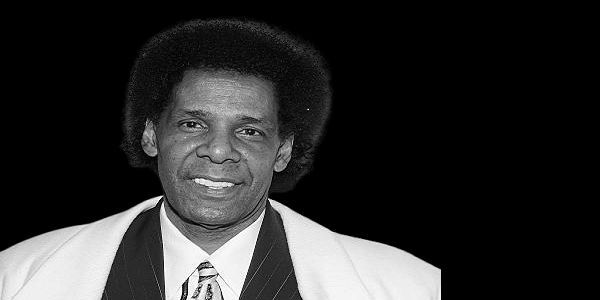



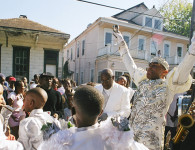

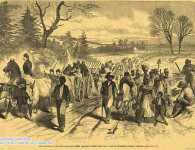
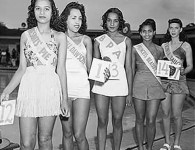
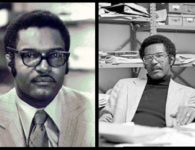
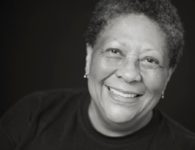
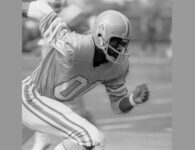
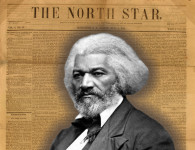
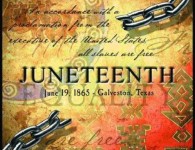
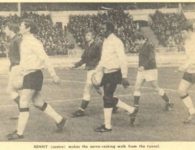
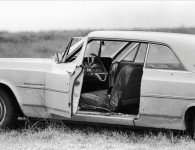
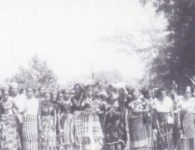
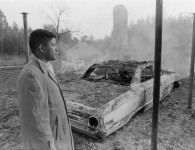
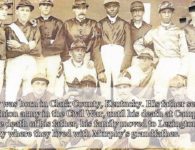
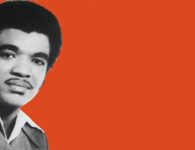

No comments